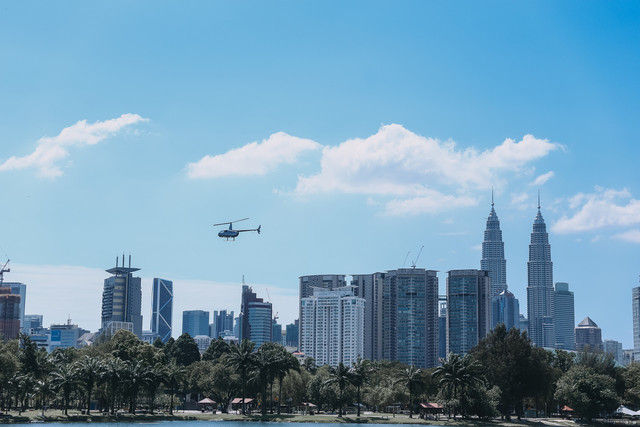By Syamsiah Sahat & Rosemarie Khoo
KUALA LUMPUR, Nov 5 (NNN-BERNAMA) — The two-day inaugural Malaysia Sustainable Development Goals (SDG) Summit 2019 that begins here tomorrow (Wednesday) is likely to administer a sense of urgency in attaining many of the objectives.
The summit, which carries the theme Accelerating Progress on the SDGs: Whole of Nation Approach, will contribute ideas and strategies to move the 2030 Agenda for Sustainable Development forward and energise partnerships through the whole of the nation approach in attaining the SDGs.
The summit, to be held at the Kuala Lumpur Convention Centre (KLCC), is expected to be opened by Prime Minister Dr Mahathir Mohamad, reflecting Malaysia’s strong commitment to the 2030 Agenda and SDGs at the highest level of the government.
There will be five plenary and six parallel sessions. The first plenary session on Day One will discuss Strategies to Leave No One Behind. The discussants include Senator Bathmavathi Krishnan; M. Ramachelvam of the Bar Council’s Migrants, Refugees and Immigration Affairs Committee and Economic Affairs Ministry deputy secretary-general (policy) Dr Noor Zari Hamat.
The second plenary session on Peaceful, Just and Inclusive Societies: The Role of Institutional Reform will have cross-sector speakers highlighting the government’s commitment to institutional reform, the achievements thus far, and the challenges and gaps that remain.
The speakers for the session include National Governance, Integrity and Anti-Corruption Centre (GIACC) director-general Abu Kassim Mohamed; Election Commission chairman Azhar Harun; Malaysian Anti-Corruption Commission chief commissioner Latheefa Koya and Suhakam commissioner Jerald Joseph.
The second day will see three plenary sessions – Establishing a Whole of Nation Approach Towards Achieving the SDGs; Balancing Economic Growth with Environmental Sustainability and SDG5: Unlocking Women’s Full Potential.
In Sept 2015, all 193 member countries of the United Nations unanimously adopted the 2030 Agenda for Sustainable Development and its implementation framework, the SDGs that chart in detail a way forward to ensure a future that is sustainable for people, planet, peace and prosperity – with the understanding that it can only be achieved through a spirit of partnership between government, private sector and civil society.
The 2030 Agenda is the most transformative and ambitious plan ever crafted by the global community, with 17 goals, 169 targets and 232 indicators that balance the economic, social and environmental pillars of development.
Meanwhile, at the roundtable session at Wisma Bernama here recently ahead of the SDG Summit, Ministry of Economic Affairs deputy secretary-general (macro) Zakiah Jaafar pointed out that awareness is the key to helping enterprises transition in embarking on green initiatives.
“We have to address challenges and facilitate small and medium enterprises (SMEs) starting from the root level and some of the tools (approach) will be launched next week (during the event).
“It will involve namely diagnostic tools, measurement tools and planning tools, which private sectors can look at (to determine) how they can work with different dimensions in embarking on the principles of SDGs,” she said.
Citing the agriculture sector for example, Zakiah said smart farming technology, if adopted, must be sustainable and able to help the B40 income group.
Also present at the session was United Nations resident coordinator for Malaysia, Stefan Priesner.






